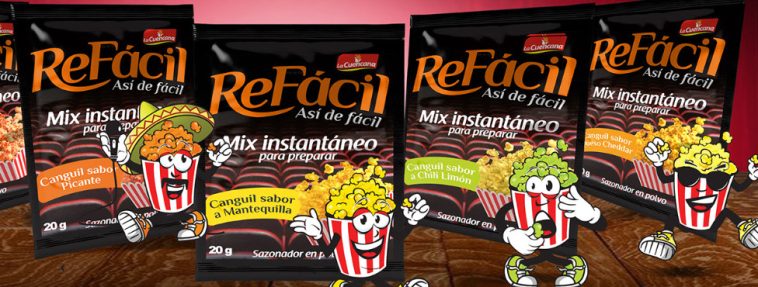In Spanish, we can exaggerate meaning by adding special prefixes to adjectives and adverbs.
The most common ones are:
-
re-
-
rete-
-
requete-
They all mean very, super, extremely — but in a more informal or playful way.
Sometimes they are used in everyday speech, sometimes in children’s books, and sometimes just for fun.
re-
This is the most common one.
Just put re- before an adjective or adverb to make it stronger.
-
rebueno = really good
-
recaro = super expensive
-
relindo = very pretty
-
relejos = very far away
In many countries, re- is informal.
-
Common in casual speech.
-
Works with both adjectives and adverbs.
-
It is like saying “super” or “really” in English.
rete-
This one is less common and mostly heard in Mexico and Central America.
It’s friendly, informal.
-
retechico = very small
-
retelindo = very cute
-
reterápido = super fast
-
Used in Mexico and some Central American countries.
-
Sounds more informal and playful.
-
It is a little less common than re-, but still understood.
requete-
This one sounds stronger and more playful.
It is common in children’s speech, or when we want to sound funny.
-
requetebueno = really, really good
-
requetefácil = super easy
-
requetelento = super slow
-
Stronger and more emphatic.
-
It may be used for humor or strong emphasis.
-
You will also find it in literature and children’s books.
Notes:
-
These prefixes do not change the spelling of the word — you just add them in front.
-
They are not always “proper” in formal writing. You see them more in conversation, marketing, and informal text.
-
In English, the closest translation would be really, super, very, totally, depending on context.
Try It Yourself
Take an adjective or adverb in Spanish and add one of these:
-
bonito → rebonito / retebonito / requetebonito
-
caro → recaro / retecaro / requetecaro
-
difícil → redifícil / retedifícil / requetedifícil
You will sound more native and have fun with the language.
Visit also: https://spanishny.com/re-rete-requete-archi-recontra-super-hiper-ultra/




